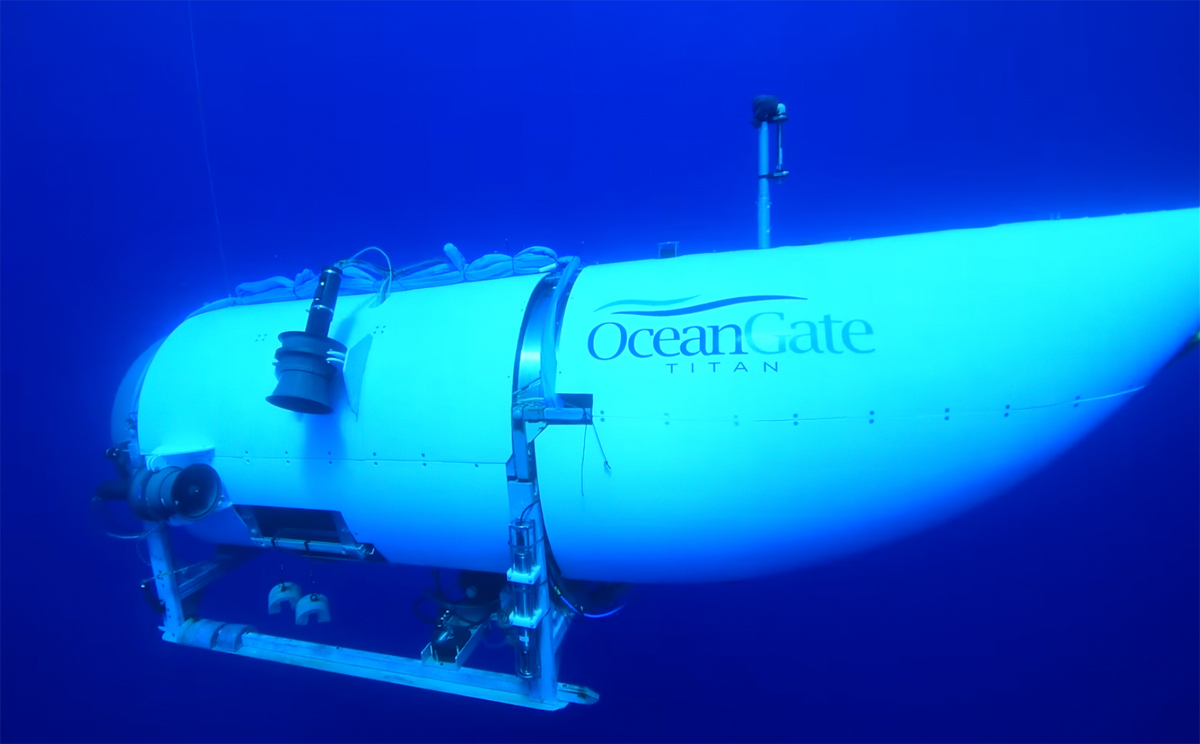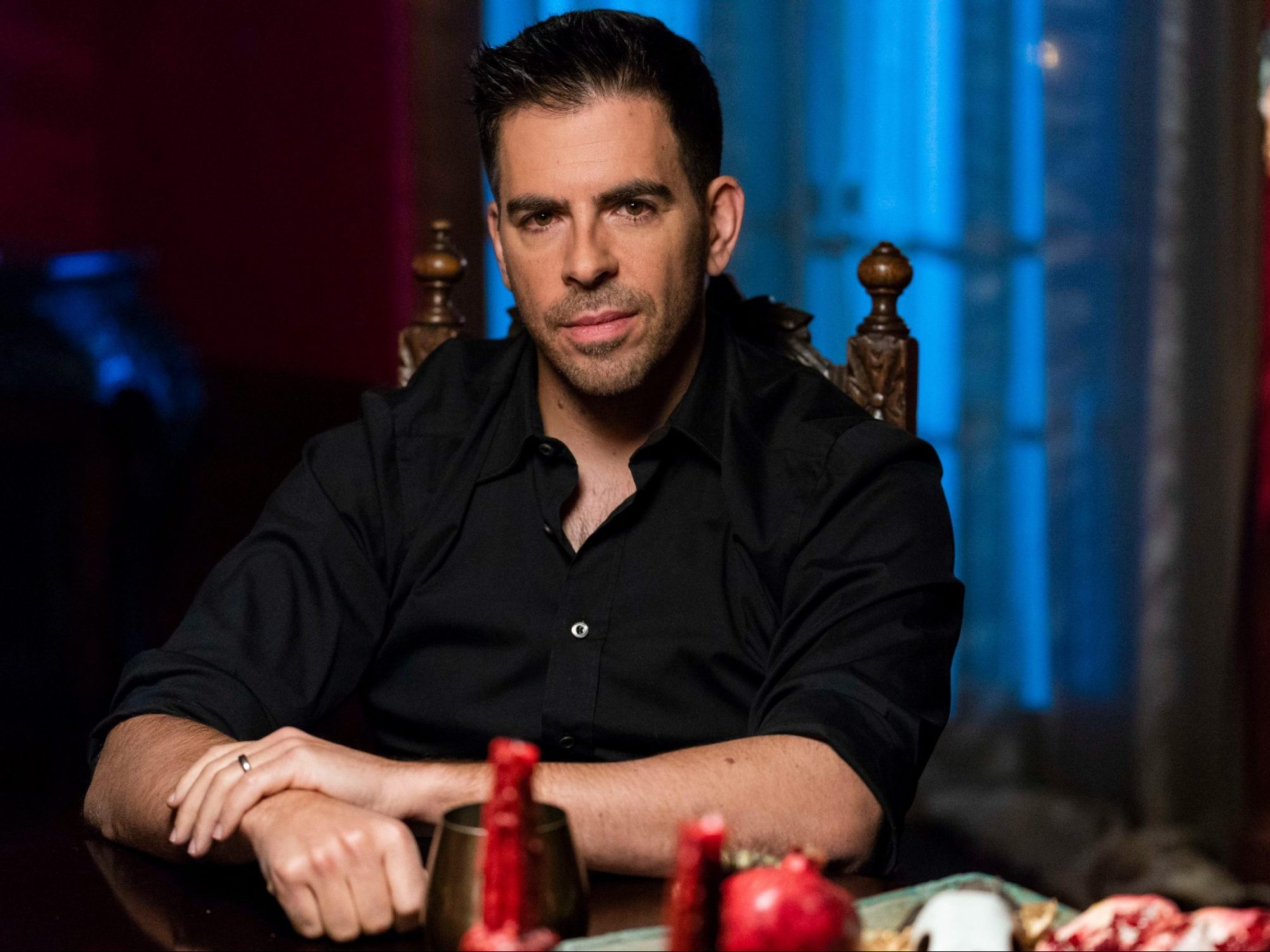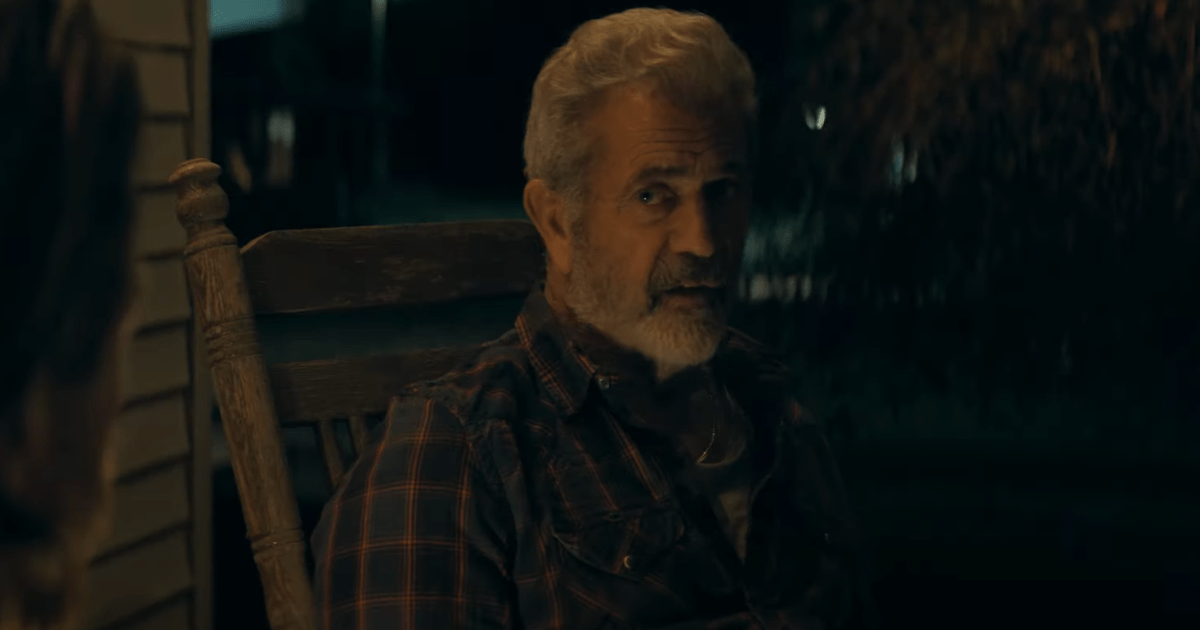Receive free Yevgeny Prigozhin updates
We’ll send you a myFT Daily Digest email rounding up the latest Yevgeny Prigozhin news every morning.
Yevgeny Prigozhin earned the respect of Vladimir Putin through his private militia’s successes — at least compared with the disastrous performance of the regular army — on the battlefield.
Prigozhin, who like the Russian president hails from St Petersburg, started out small. He spent the last years of the Soviet Union in jail for a string of small-scale robberies and upon his release began selling hot dogs from his kitchen in the city.
The business soon grew and he opened a restaurant where Putin, then deputy mayor of St Petersburg, would occasionally dine.
After Putin became president, Prigozhin provided the catering for state visits and other high-level events, winning valuable public tenders through his company Concord and earning the nickname “Putin’s chef”.
His business success gave him a springboard into other fields. He set up a troll farm called the Internet Research Agency, using fake social media accounts and news stories to manipulate the 2018 US elections.
That, coupled with his wealth that provided him with private jets and a yacht, and his expanding business empire landed him on the US sanctions list.
The US government labelled his businesses a “transnational criminal organisation”.
Prigozhin moved into warfare in 2014 when he set up a private military company that would allow Russia to pursue its goals in Ukraine, such as annexing Crimea and fomenting a war in eastern Ukraine, with a degree of deniability. He did so, he said last year, because the quality of Russian paramilitaries volunteering to fight in Ukraine was so low.
“Very quickly I realised that half . . . were crooks,” he said. “So I . . . did it myself . . . From that moment, a group of patriots was born, which later acquired the name of Wagner.”
Wagner has since evolved into a well-armed group of guns-for-hire working in conflict zones around the world.
Moscow’s full-scale invasion of Ukraine last year brought Wagner a greater public profile. Within months, the previously covert group had opened an official headquarters in a St Petersburg skyscraper, started its own social media channels and launched a recruitment campaign with billboards and posters across the country.
Prigozhin, who used to vehemently deny any links to the group, became its public frontman.
He was filmed travelling to Russian prisons, addressing crowds of convicts and promising amnesty if they joined Wagner and fought in Ukraine. He built up a force that, at its peak last autumn, was estimated to be 50,000-strong. His fighters are also credited with the only battlefield victory for Russia since the first weeks of the war: capturing the eastern Ukrainian city of Bakhmut after months of gruelling fighting.
But that also set Prigozhin on a collision course with his erstwhile benefactor.
He quickly became frustrated with the regular army’s failures and accused the military of starving his troops of ammunition.
In angry, foul-mouthed rants he criticised the army’s top brass. In one video this spring, Prigozhin stood over a field of corpses laid out in rows, and accused the defence ministry of being responsible for the deaths of Russian soldiers in the “meat grinder” of Bakhmut.
“Shoigu, Gerasimov, where the fuck are the weapons?” he shouted into the camera, naming army chief Valery Gerasimov and defence minister Sergei Shoigu. “You sit in your expensive nightclubs and your kids enjoy life making YouTube videos . . . These guys are dying so you can get fat in your wood-panelled offices.”
As his rhetoric escalated, so did his conflict with the army. Prigozhin accused the military of shooting at Wagner soldiers. An army colonel in turn accused Wagner fighters of abducting and torturing Russian soldiers.
Wagner’s battlefield prowess meant the Kremlin stomached Prigozhin’s rhetoric. Emboldened, Prigozhin set his sights on ousting Shoigu.
The conflict intensified this month when the defence ministry ordered all irregular units, of which Wagner is by far the largest and most prominent, to sign formal contracts subsuming them into its structure. Prigozhin refused. Putin appeared to side with his generals.
On Friday night, Prigozhin said on his Telegram channel that a Wagner camp in east Ukraine had been hit in a rocket attack by the Russian army.
In a voice memo, he said: “The commanders of Wagner PMC have decided. The evil that is being spread by the military leadership of the country must be stopped.”
He said he was withdrawing his forces from the battlefield and turning them towards Moscow.
“Those who have destroyed many tens of thousands of lives of Russian soldiers will be punished,” he threatened.


























































![Mason Ramsey – Twang [Official Music Video] Mason Ramsey – Twang [Official Music Video]](https://i.ytimg.com/vi/xwe8F_AhLY0/maxresdefault.jpg)






















